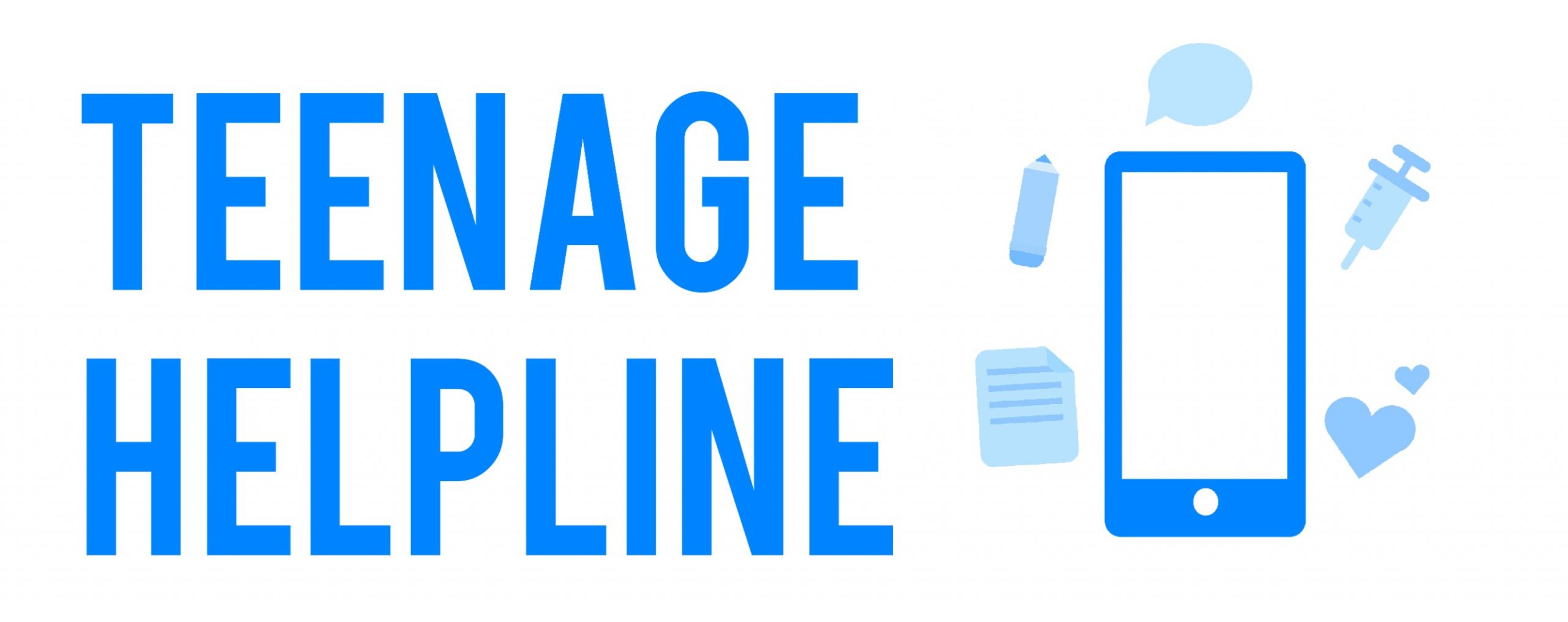Our top tips!
- Tell someone
If you are being bullied online, or if somebody says comments that make you feel uncomfortable, you should tell someone about it. This could be an adult, such as your parents or a teacher, or you could talk to us or other groups that support people affected by bullying. - Don’t respond
Don’t respond to bullies; instead, block them immediately. Often, if you do respond, this will only encourage them to carry on. If you ignore them rather than reacting to it, they will often get bored. Make sure that you block them so that they can’t message you anymore.
What is cyberbullying?
Cyberbullying takes place online or through electronic devices such as smartphones. It is very common amongst young people, especially through social media and gaming platforms.
Cyberbullying can take many forms, including:
Harassment – Sending rude, offensive or abusive messages.
Denigration – Circulating information about someone that is not true. This may be through posts or altered images on social media platforms.
Impersonation – This is when someone hacks into another person’s email account or social networking account and uses their online identity to send or post vicious or embarrassing material to other people.
Cyberstalking – Repeatedly sending messages that include threats of harm, harassment or intimidation, or engaging in other online activities that make a person afraid for their safety.
You might also be interested in our page on Staying Safe Online.
How does cyberbullying affect me?
Cyberbullying can affect people from any age or walk of life, including children, teens and adults. Online bullying can feel very overwhelming and cause constant feelings of distress and worry.
Many children feel unable to confide in an adult because they feel ashamed and wonder whether they may be judged, or told to ignore the bullying or close their account, which they might not want to do.
It’s important to understand everyone will be affected differently. Some people are not affected much by it and are able to overcome what others are saying about them. Others don’t cope so well, and may get extremely upset or offended by things that are being said.
Regardless of how you feel, cyberbullying should be reported and stopped.
How can I prevent cyberbullying?
Lock down your profile
Keeping your profile and personal information private is important. Make sure you know how the privacy settings work and if not, read up on it and update your privacy setting to stop unwanted people engaging with you.
Use the block feature
If somebody you don’t know or don’t want to talk to is engaging with you, you can block them. Blocking them means that they won’t be able to contact you anymore. If they make additional profiles to try to contact you, you should block those too.
Report bullies online
Reporting bullies online is really important. Almost every social media website has a function that allows you to report inappropriate content. Most social media sites will ban people temporarily or permanently if they behave inappropriately.
Tell someone
Make sure you tell somebody if you are being bullied online. Being bullied can feel isolating or embarrassing and a lot of people are scared to tell someone about it. However, if you can talk to an adult, they will be able to help you resolve the bullying.
I think I might need some help... what do I do?
If you are experiencing bullying of any kind – whether in person or online – it is really important that you talk to somebody and get this resolved as soon as possible. Speak to someone you trust to get started if that is what you need. You can also speak to our mentors.
Get support!
Speak to us
It can feel embarrassing to talk to somebody about being bullied, but try not to feel embarrassed and make sure you talk to someone. If you don’t feel comfortable discussing it with an adult, you can always talk to our mentors.
Speak to a trusted adult
A trusted adult – whether that’s a teacher, your parents or someone from your youth club – can help you out if you are being bullied. They will know who to talk to and can give you advice on how to approach the situation.
Speak to the police
Most instances of cyberbullying are classed as a criminal offence. Someone who is bullying you online may be harassing you or threatening you. Make sure you keep evidence and talk to the police if you need to.
What if I see somebody being bullied?
A lot of cyberbullying is public online and can be witnessed by lots of people. This means you might see someone else being bullied online, so if you do see this, do not ignore it.
It can be very hard to tell someone if you are being bullied, but it is much easier to tell someone if you are witnessing bullying. By mentioning it to someone who can help, you are acting in the victim’s best interests.
If the bullying is on social media, you can report any inappropriate content as bullying to the social media site. If the moderators of that site consider the content to be inappropriate, they will remove it and may also sanction the person who posted it, usually by banning them.
You should also speak with an adult and let them know what you have seen. Speak to your parents and a teacher at school. You might want to keep screenshots as these can be used to provide evidence of the bullying.
